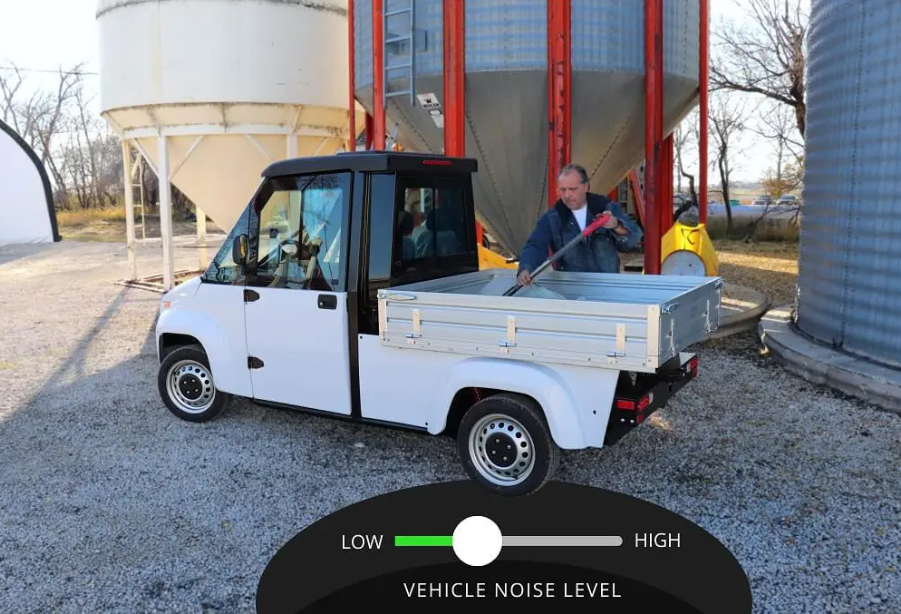What are the differences between low-speed vehicles and regular cars?
Low-speed vehicles (LSVs) differ from regular cars in several ways:
- Speed and Designation: LSVs are street-legal, four-wheeled vehicles with a top speed typically limited to 25 mph, while regular cars have higher speed capabilities. LSVs are designed for use on roads with speed limits of 35 mph or less, making them suitable for short commutes and local travel.
- Regulations and Safety Standards: LSVs must comply with specific safety and performance standards set by the National Highway Traffic Safety Administration (NHTSA) and are subject to regulations in various states and countries. They are required to have safety features such as headlamps, turn signal lights, brake lights, reflectors, mirrors, seat belts, and a vehicle identification number.
- Environmental Impact: LSVs are often electrically powered, emitting zero pollutants from their electric drivetrains, making them more environmentally friendly than regular cars.
- Cost and Convenience: LSVs can offer cost savings on fuel and maintenance, and they are convenient for short trips and urban environments. They are also well-suited for individuals with accessible needs.
LSVs are designed for specific use cases, with lower speed capabilities, specific safety regulations, and environmental benefits compared to regular cars.


What are the advantages of using a low-speed vehicle over a regular car?
The advantages of using a low-speed vehicle (LSV) over a regular car include:
- Cost Savings: LSVs can save money on fuel and maintenance, with research showing that owning an LSV costs 64 percent less than owning a regular vehicle.
- Environmental Impact: LSVs are more environmentally friendly, emitting zero pollutants from their electric drivetrains, making them a greener transportation option.
-
Convenience and Urban Mobility: LSVs are convenient for short trips and are well-suited for urban environments, where they can travel anywhere in a city while being much more convenient to use.
- Accessibility: LSVs can be particularly beneficial for individuals with accessible needs, providing a practical and cost-effective transportation option.
- Safety and Maintenance: Maintenance is typically less expensive than traditional vehicles, and the upfront cost of an LSV is usually significantly lower than that of a regular car. LSVs also have the benefit of more safety features and are street legal.
Follow Us
 LSV Cart
LSV Cart